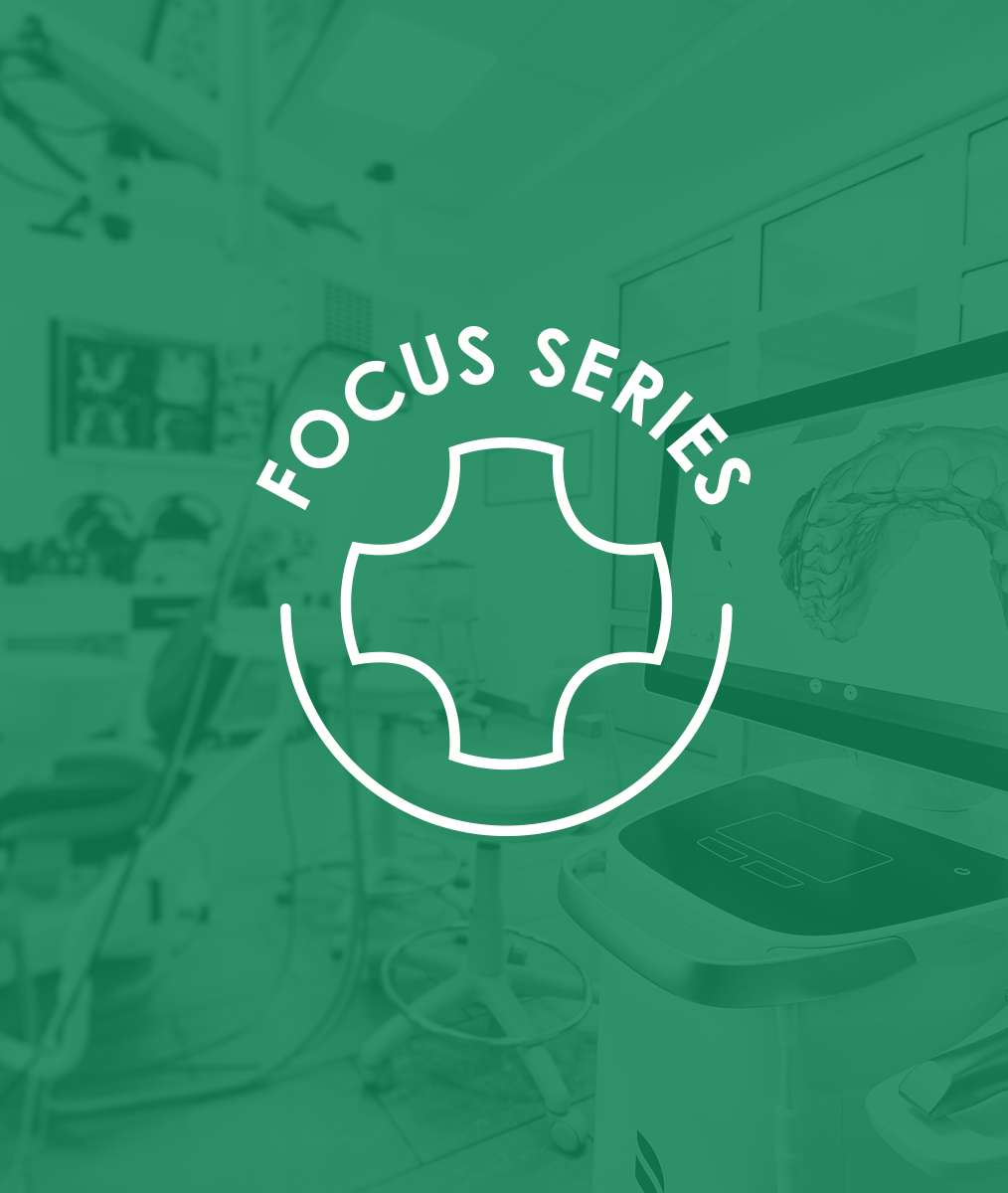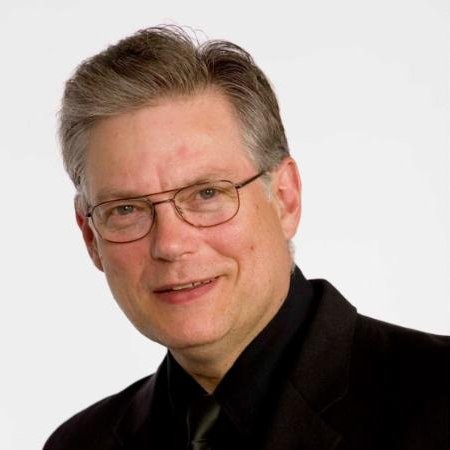The Value of Consultants, Coaches, and Mentors in Dental Practice
Gary M. DeWood, DDS, MS
As an associate dentist, you may be fortunate to learn from the instruction and observation of a senior dentist, but over your career, you will gain innumerable benefits from outside consultants, coaches, and mentors.
One of my mentors, Dr. Richard A. Green, told me that one of the keys to my success would be to surround myself with a Board of Directors. He was correct. My board is composed of people who are willing and able to see my vision and hold me accountable for going to it. Some are consultants, some are coaches, and some are mentors. Sometimes they are all three in one person but no one person has all the answers.
Consultants, coaches, and mentors help us in different ways.
In dental practice, I often hear the words mentor, coach, and consultant used interchangeably to describe the activities of someone assisting the doctor with the management of his or her practice. I believe that these functions, while not mutually exclusive of the same individual, are different in their roles with regard to all three of you.
What do I mean by that? “You #1” is the entrepreneur and leader of the business you have established. “You #2” is the manager of that business. “You #3” is the dentist working in the business. Each you possesses a different level of training, understanding, and ability. Each you benefits differently from consulting, coaching, and mentoring.
Early in practice my partner and I hired consultants to see what escaped us and to give us solutions.
Consulting is all about being an outsider looking in. The adage that consultants are individuals who are paid a lot of money to tell you what you already knew but couldn’t see, does not diminish their effectiveness or necessity, particularly in offering solutions.
I met Jim Pride while I was still in dental school. In the early years of our relationship, following the acquisition of our practice, Laura, our Pride consultant, consulted us by telling us what to do. I was directed to employ systems that were developed by Jim Pride and his team while working with many Pride Institute clients. I did as we were “consulted” because I had no reference for individualizing the systems, something that changed as we found the parts and pieces that delivered and left behind parts that did not resonate for us.
As my partner (who happened to be my wife) and I changed, our expectations changed, and our needs changed, we continued to need that outsider looking in to see for us that which we could not see. We did not, however, need or want to be offered solutions. The best consultants understand that their ultimate goal is to empower and develop their clients’ skills and abilities so that they can eventually operate independently.
When we no longer needed a consultant, we needed a coach.
Unlike consulting, where solutions with precise instructions are offered, coaching offered us a process out of which our vision for our practice developed. Dental practice coaches ask questions rather than give answers. They are observers. They take us inside ourselves and assist in our development as leaders. They draw out what is already within and empower us to act on it.
What, then, is a mentor?
For me, mentors are individuals who have traveled the path we seek to follow. They may fill the role as a consultant and/or a coach depending on our needs and their comfort with the things that are challenging us at any given time, but frequently their primary role is that of an example. The Pankey Institute community abounds in them.
I have observed that dentists who develop a relationship with a mentor are able to move more quickly and clearly toward their preferred future. It is precisely for this reason that one of the goals of participation in a study club is to build groups with a broad range of experience and experiences. It is the third YOU, the practicing dentist, who gets the most from being mentored.
Dentistry is a tough job. It’s demanding and stressful to perform highly technical, intricate procedures continuously on a daily basis. Our mentors show us that we can do it because they did. Often there is peer-to-peer collaboration in “surfacing up” the mindset, approaches, and solutions that will work best for us. Always there is encouragement.
Sometimes mentors listen. Sometimes they challenge. Always they support. Their map is not always the map we choose to follow, but their example–as individuals who continue to see their vision and map their future accordingly–inspires us to do the same.
Related Course
Integrative Dental Medicine: Creating Healthier Patients & Practices
DATE: June 27 2025 @ 8:00 am - June 28 2025 @ 4:00 pmLocation: The Pankey Institute
CE HOURS: 16
Regular Tuition: $ 2995
Single Occupancy with Ensuite Private Bath (per night): $ 345
We face a severe health crisis, that is a much larger pandemic than Covid-19! Our western lifestyle affects periodontal & periapical oral disease, vascular disease, breathing disordered sleep, GERD, dental…
Learn More>










